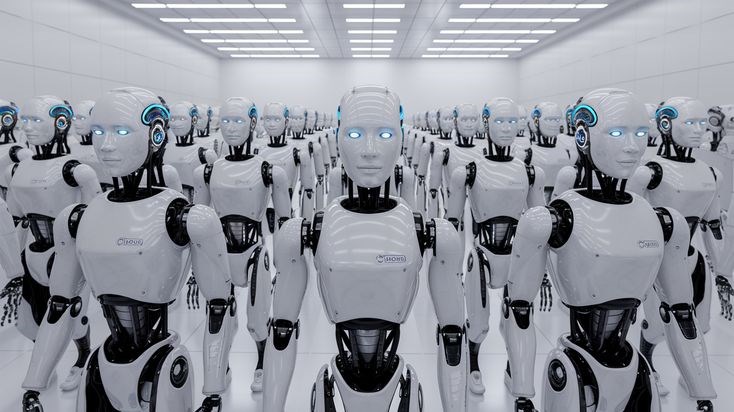
16-Aug-2025 , Updated on 8/17/2025 11:05:58 PM
Economic Impact of Replacing Soldiers with Robots
Rising Costs of Military Automation
Rising costs of military automation are reshaping defense budgets and national economies. Procuring advanced robotic systems requires large upfront investment in research, development, and manufacturing, while long-term expenses include maintenance, software updates, and specialized training. Shifting from human soldiers reduces personnel-related costs—salaries, benefits, and veterans’ healthcare—but creates new fiscal burdens such as cybersecurity, procurement overruns, and dependency on high-tech supply chains. Automation concentrates demand among a few contractors, altering labor markets and regional employment patterns. Economies may gain operational efficiency and lower battlefield casualties, yet face substantial transition costs for retraining, social support, and ensuring resilient supply chains.
Job Displacement in Defense Sector
Job displacement in the defense sector is a significant economic concern as robots increasingly replace human soldiers. The shift toward automation reduces the demand for traditional military personnel, directly affecting employment opportunities for soldiers, support staff, and related industries. While this transition may lower long-term defense costs and minimize human casualties, it also creates widespread unemployment challenges. Veterans and active personnel face uncertain career prospects, and communities reliant on defense employment may experience economic instability. Retraining and reskilling programs become essential to absorb displaced workers into new roles, particularly in technology, cybersecurity, and defense robotics maintenance, ensuring stability during this structural transformation.
Boost to Defense Technology Industries
The replacement of human soldiers with robots directly boosts defense technology industries by creating sustained demand for advanced robotics, artificial intelligence, and autonomous systems. Nations shifting toward robotic warfare require continuous innovation, leading to increased investment in research and development. This transformation benefits defense contractors, startups, and tech firms specializing in sensors, machine learning, and cyber defense. The economic impact is significant, as governments allocate larger budgets to technology procurement rather than traditional military expenditures. Additionally, the expansion of supply chains for robotics manufacturing generates new jobs in engineering, software development, and maintenance, further reinforcing the growth of defense technology industries.
Strategic Advantages and Global Competition
Replacing soldiers with robots offers significant strategic advantages but also intensifies global competition. Nations adopting military robotics reduce risks to human lives while increasing efficiency in combat operations. Automated systems can operate in hazardous conditions, execute precise missions, and reduce long-term personnel costs. However, this shift creates a competitive race, as global powers invest heavily in robotics to secure military dominance. Countries lagging in this technology risk strategic vulnerabilities and dependence on advanced nations. The economic impact is twofold—while defense budgets are redirected toward research and development, industries tied to traditional military recruitment and human resource management face decline, reshaping defense economies worldwide.
Ethical Concerns and Long-Term Economics
Replacing soldiers with robots introduces significant ethical concerns alongside long-term economic consequences. The use of autonomous machines in warfare raises questions of accountability, civilian safety, and moral responsibility when lethal decisions are left to algorithms. Economically, while automation may reduce human casualties and long-term pension liabilities, the initial development, deployment, and maintenance costs of military robotics are enormous. This transition risks widening global inequality, as only wealthier nations can afford such technology, potentially destabilizing international security. Additionally, reliance on robotics could disrupt defense-related employment, requiring large-scale workforce reskilling. Therefore, while offering strategic advantages, the shift poses complex ethical dilemmas and economic challenges that cannot be overlooked.

Content Writer
Hi, I’m Meet Patel, a B.Com graduate and passionate content writer skilled in crafting engaging, impactful content for blogs, social media, and marketing.
Join Our Newsletter
Subscribe to our newsletter to receive emails about new views posts, releases and updates.
Copyright 2010 - 2026 MindStick Software Pvt. Ltd. All Rights Reserved Privacy Policy | Terms & Conditions | Cookie Policy